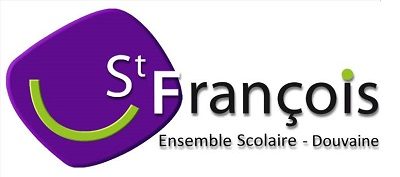Understanding Sales and Use Tax Compliance
Sales and use tax regulations can be complex, requiring businesses to navigate various rules that differ by state and industry. Compliance is essential to avoid penalties, audits, and unnecessary financial risks. Businesses must determine which transactions are taxable and whether exemptions apply based on jurisdictional guidelines. Many states impose use tax on purchases made out of state when sales tax was not collected at the time of sale. This places the responsibility on businesses to track and remit the appropriate amounts.
Staying updated on tax law changes ensures that businesses do not inadvertently underpay or overpay their obligations. Sales and use tax consulting provides expert guidance in managing these responsibilities efficiently. Understanding nexus laws, which determine a business’s obligation to collect and remit taxes in different states, is critical for companies operating in multiple regions. An evolving economic landscape, including remote sales and e-commerce, continues to influence tax requirements, making professional consulting invaluable.
Strategic Benefits of Sales and Use Tax Consulting
Working with sales and use tax consultants provides businesses with access to specialized expertise that simplifies compliance. Identifying tax-saving opportunities and reducing liabilities can result in significant financial benefits. Consultants analyze transactions to ensure tax is applied correctly, preventing costly errors that may lead to audits or penalties. Managing exemption certificates properly is another crucial aspect of compliance, ensuring that eligible sales remain untaxed while maintaining accurate records for verification purposes.
Technology plays a crucial role in streamlining tax compliance. Automated solutions help businesses manage calculations, reporting, and filing obligations more effectively. Sales and use tax consulting firms often recommend tailored technology strategies that integrate seamlessly with accounting systems. Implementing the right tools minimizes human error and enhances reporting accuracy, reducing the likelihood of discrepancies that could trigger audits.
Resolving Sales and Use Tax Challenges
Businesses frequently encounter challenges such as incorrect tax rates, misclassification of transactions, and difficulties managing tax jurisdictions. Audits and disputes with tax authorities can be time-consuming and financially burdensome without expert assistance. Sales and use tax consulting firms provide support in audit defense, ensuring that businesses have the proper documentation and responses necessary to resolve disputes effectively. Proactive audit preparation helps mitigate risks by identifying potential issues before they escalate.
Another common challenge is determining whether digital products and services are subject to sales and use tax. As states continue to update their tax codes to reflect modern commerce, businesses must stay informed about new taxability rules. Consulting services help businesses adapt to these changes, ensuring that compliance measures align with evolving regulations.
Enhancing Business Operations with Tax Consulting
Partnering with a sales and use tax consulting firm allows businesses to focus on growth and operational efficiency rather than navigating complex tax laws. Optimizing tax compliance processes reduces administrative burdens, allowing finance teams to allocate their time more effectively. Additionally, businesses can improve financial planning by accurately estimating tax liabilities and incorporating compliance costs into their overall budget.
A proactive approach to sales and use tax management ensures long-term sustainability. Businesses that integrate expert consulting into their financial strategy gain a competitive advantage by reducing compliance risks and avoiding unexpected tax expenses. With regulations constantly changing, maintaining a relationship with a knowledgeable consulting firm ensures continued compliance and financial stability.









